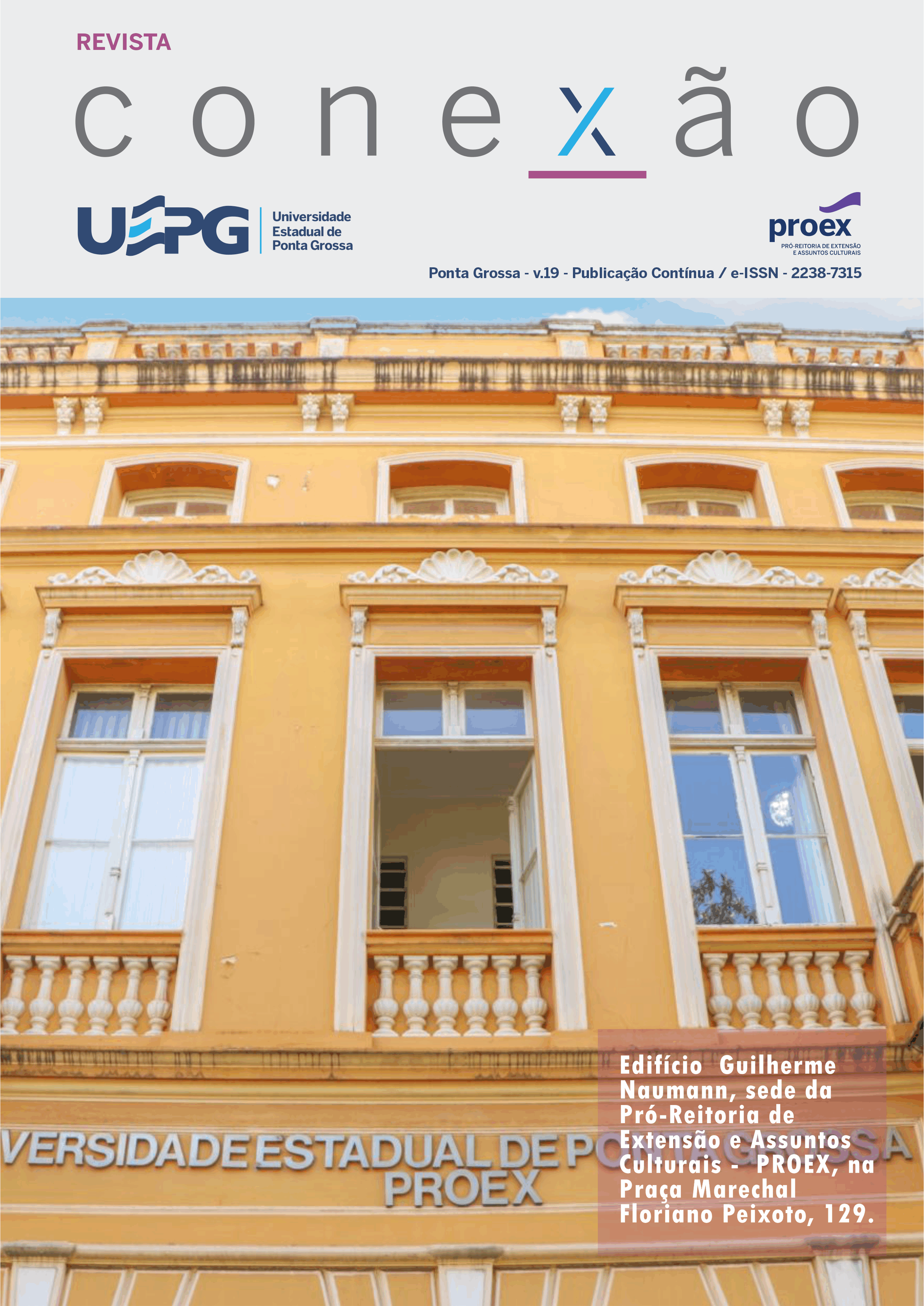EXTENSÃO UNIVERSITÁRIA E POLÍTICAS PÚBLICAS PARA AGRICULTURA SUSTENTÁVEL EM COMUNIDADES TRADICIONAIS
DOI:
https://doi.org/10.5212/Rev.Conexao.v.18.21954.029Abstract
Abstract: This essay aims to discuss the extent to which Higher Education Institutions can implement public policies through extension projects in traditional communities, having solidary technoscience as a theoretical basis for the mediation of sociocultural differences. Adopting bibliographical analysis as a method, we seek to verify the links between the University, extension actions, meso-institutions, public policies and traditional communities and food production. The concept of solidary technoscience is used, as a mediator between science and technology and people from different cultures, in this process of implementing public policies aimed at productive organization and during cultural and socioeconomic shocks. From this context, it is concluded that there is a window of opportunity, which can be explored through extension projects in such communities, taking advantage of endogenous socio-cultural and productive experiences, providing technological support, and satisfying the development needs of these collectives.
Downloads
Downloads
Published
Issue
Section
License

This work is licensed under a Creative Commons Attribution 4.0 International License.
a) Authors retain copyright and grant the journal right of first publication with the work simultaneously licensed under a Creative Commons Attribution License that allows others to share the work with an acknowledgement of the work's authorship and initial publication in this journal.
b) By submitting an article to the Revista Conexão UEPG and having it approved, the authors agree to assign, without compensation, the following rights to the Journal: the rights of first publication and the rights to redistribute the article and its metadata to the indexing and reference services that the editors deem appropriate.
c) Readers are free to transfer, print out and use the articles published in the Journal, as long as there is always explicit mention to the author(s) and to the Revista Conexão UEPG and as long as there is no alteration of the original work. Any other use of the texts needs to be approved by the author(s) and by the Journal.






